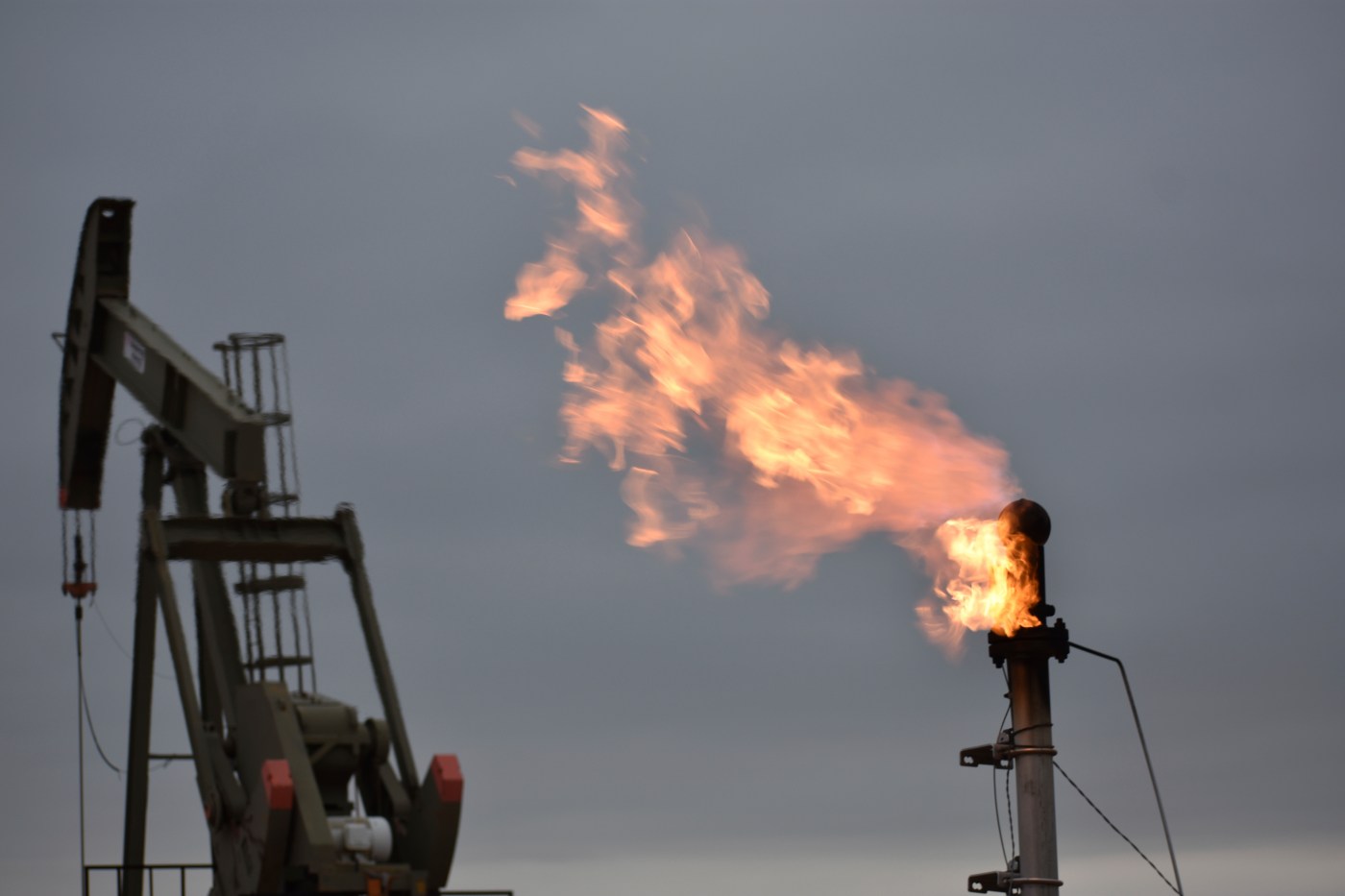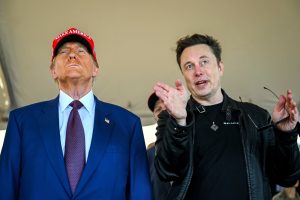
Cohen: Trump charting a new course on climate
The pall that descended on the latest U.N. climate confab in the wake of Donald Trump’s election was justified. It’s a foretaste of things under an administration determined to part company with global environmentalists.
Along with issuing the obligatory proclamations of impending planetary doom, the gathering in Baku, Azerbaijan, was tasked with arranging financing (taxpayer handouts) to help poorer countries deal with what are said to be the ravages of human-induced climate change. Hysterical rhetoric was duly produced, but when it came to wealth nations forking over cash, giddy expectations were not realized.
Led by India, countries of the Global South hoped for as much as $1.3 trillion but had to settle for “commitments” of $300 billion annually. They will probably see far less.
Europe is amid self-imposed deindustrialization, brought on in no small way by the green policies trumpeted as planet-saving in Baku. Auto giant Volkswagen, facing fierce competition from Chinese EV manufacturers, recently announced plans to shutter three plants in Germany, lay off 10,000 workers, and slash salaries across its workforce. Soaring energy prices, triggered by Germany’s growing reliance on wind and solar power, have made it impossible for VW to compete with the Chinese EVs.
Northvolt, Sweden’s once-promising EV battery startup, filed for bankruptcy on Nov. 24, citing higher-than-expected production costs and flagging demand for EVs in Europe and elsewhere.
Leaders in Britain, France and Germany may tout their allegiance to all manner of climate goals, but their economies and taxpayers are in no position to underwrite “clean energy” projects in countries with a well-deserved reputation for corruption.
Prospects for a climate shakedown are even bleaker in the United States. While the Biden administration scrambles to get as much funding for Inflation Reduction Act projects out the door before Jan. 20, look for the Trump administration to claw back as much of the unspent largess as possible after Inauguration Day. Given Trump’s rejection of the whole climate agenda, the outstretched hands of self-professed global victims of climate change are not likely to be filled any time soon with American taxpayer money.
By denying poor countries green handouts, Trump will be doing the impoverished people who inhabit them a real service. The global climate cartel — organizations like the United Nations and the World Economic Forum, left-of-center governments, subsidized purveyors of green energy and technologies, and well-funded environmental groups — has nothing to offer the world’s poor. Windmills and solar panels — the cartel’s stock and trade — will never alleviate their poverty.
Trump’s pledge to achieve American global energy dominance may sound jingoistic, but the policy will benefit Americans. For example, lifting the January 2024 moratorium on the approval of new liquified natural gas export terminals will enable eager customers in Europe, Asia and elsewhere to avail themselves of a reliable and affordable energy source.
A federal judge has already struck down the “pause” on the Department of Energy’s approval of proposed LNG export terminals. Once fracking pioneer Chris Wright has been installed as Trump’s energy secretary, the Energy Department can move forward with exporting American natural gas around the world.
Putting more American oil and gas on global markets will help keep the price of energy in check worldwide, which will mainly benefit people of middle and lower income. This will require upgrading America’s energy infrastructure, including constructing much-needed oil and gas pipelines — something Trump has pledged to do.
Just as Trump and his team refuse to subject the American public to the green austerity a climate-centric energy policy would necessarily impose, so, too, should people in poorer countries be freed from the shackles that global environmentalists are determined to keep them in.
Trump should pressure the World Bank to end its policy of refusing to fund coal and natural gas plants in underdeveloped countries. One of the reasons they remain poor is that they lack adequate electricity to power their economies. Force-feeding them a steady diet of unreliable wind and solar power, as the World Bank and other lending agencies prefer, is guaranteed to prolong their poverty.
Though it won’t happen overnight, revitalizing America’s long-stagnant nuclear power industry is another way to promote U.S. energy independence and create a template for other countries to follow. The domestic industry is hamstrung by a dysfunctional Nuclear Regulatory Commission, outdated regulations, and government subsidies that favor wind and solar power. As a result, building a nuclear plant in the United States is prohibitively expensive and takes twice as long as it should.
Untangling the reams of red tape is a tall order, but sensible nuclear regulatory policies exist elsewhere. As the Heritage Foundation recently reported, “South Korea built 19 reactors while reducing costs by 13 percent between 1989 and 2008.”
By turning away from climate shakedowns, mandates and handouts, the Trump administration can improve the lives of Americans and show developing countries that there are better ways to improve their lot.
Bonner Russell Cohen is a senior policy analyst with the Committee for a Constructive Tomorrow./InsideSources


